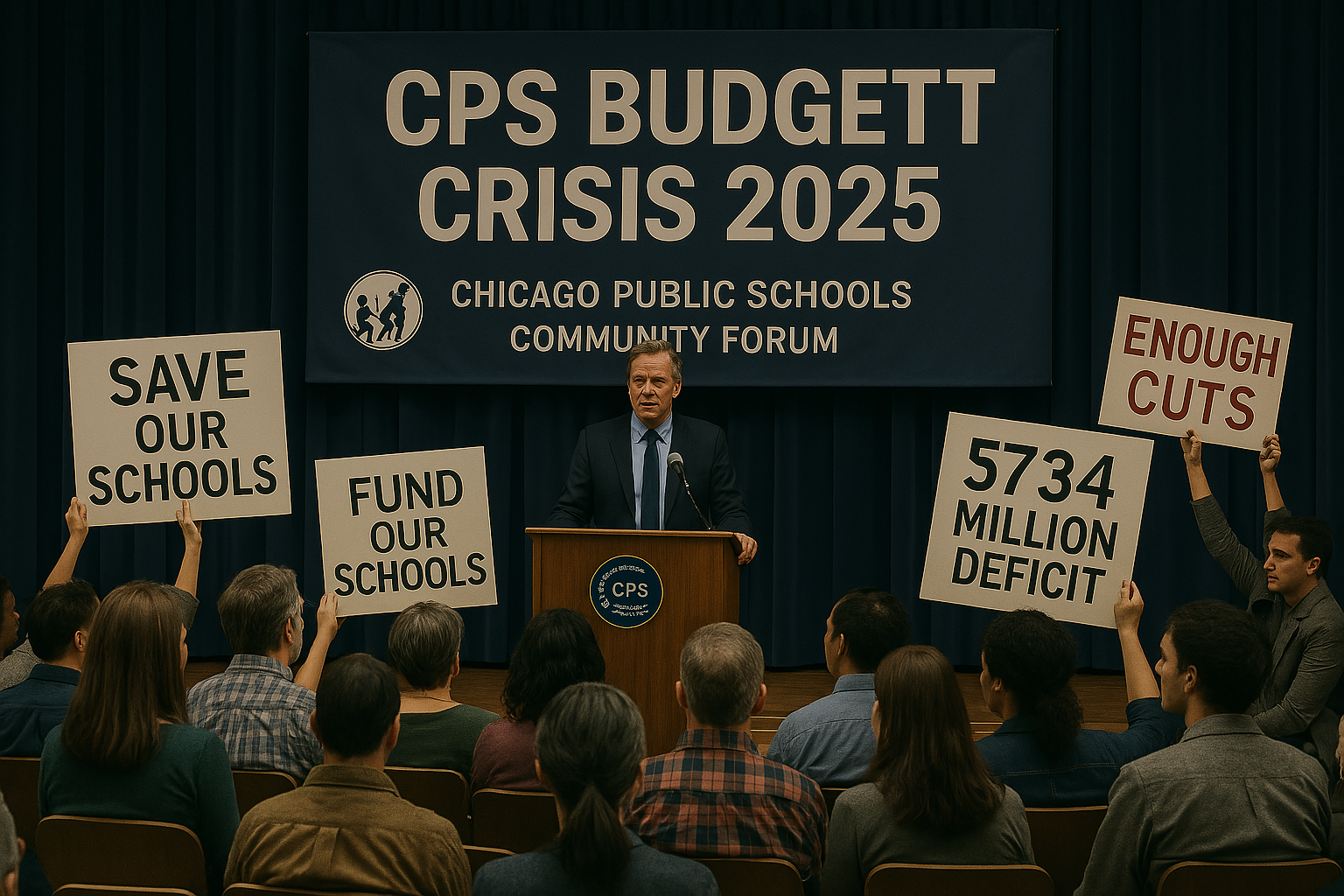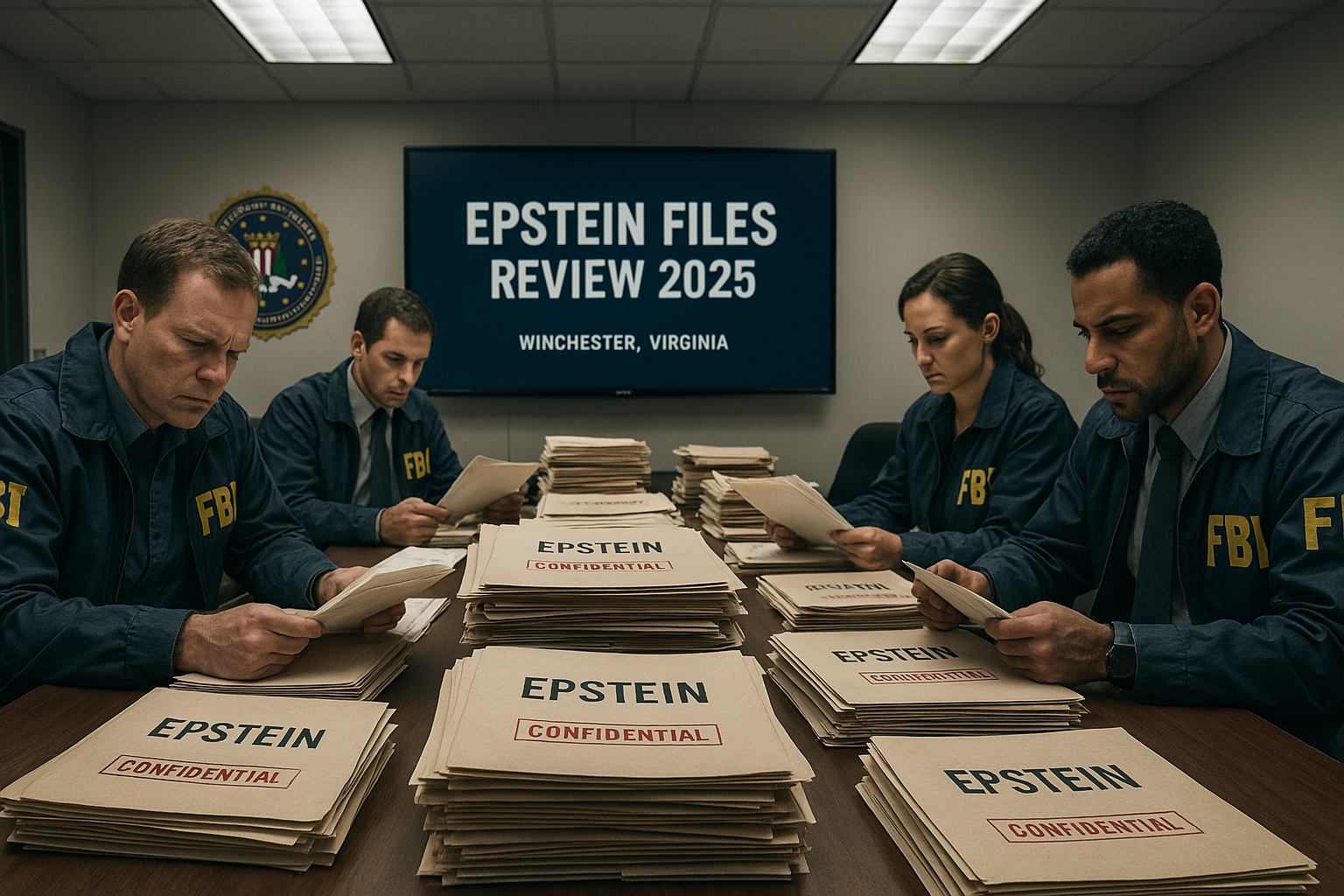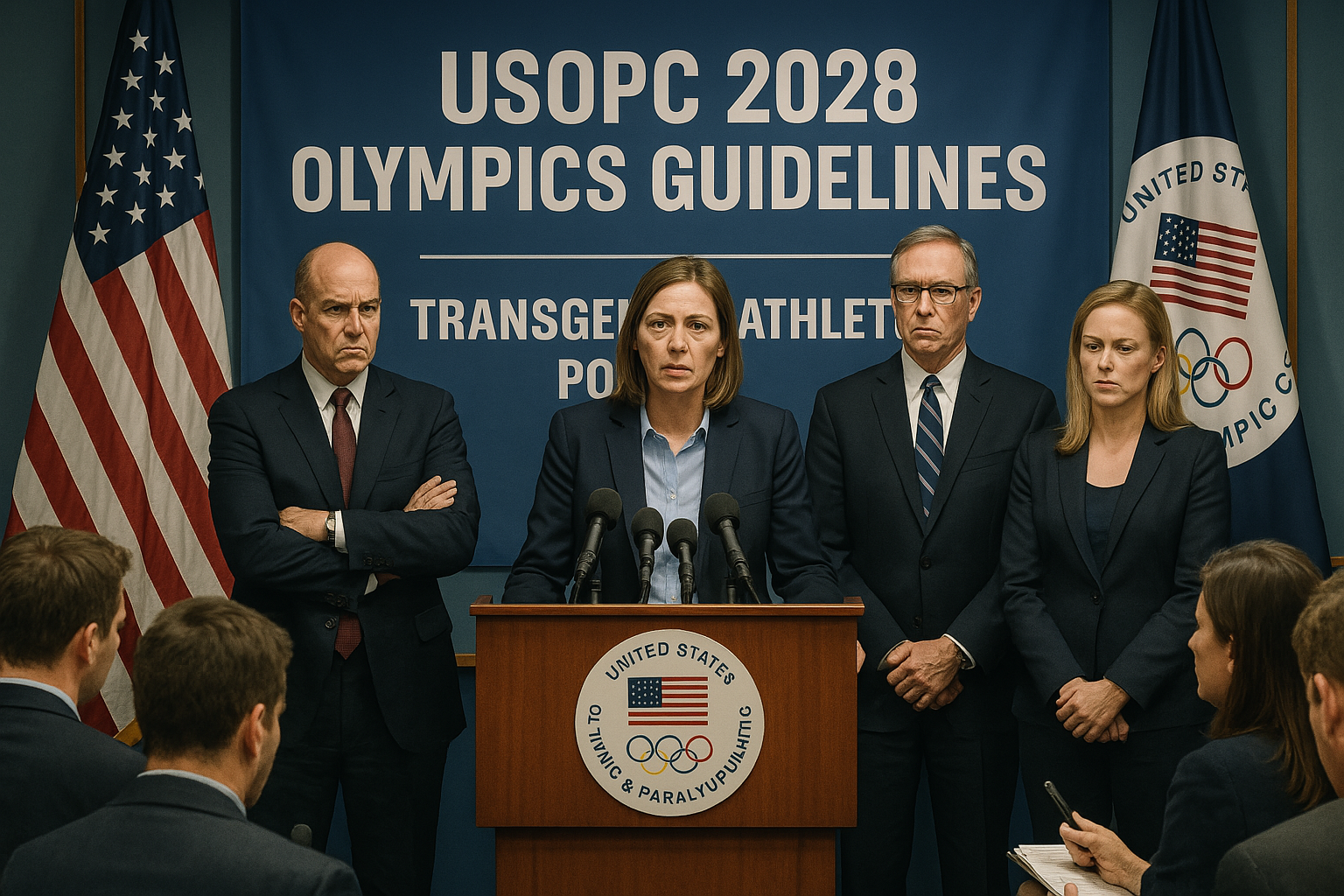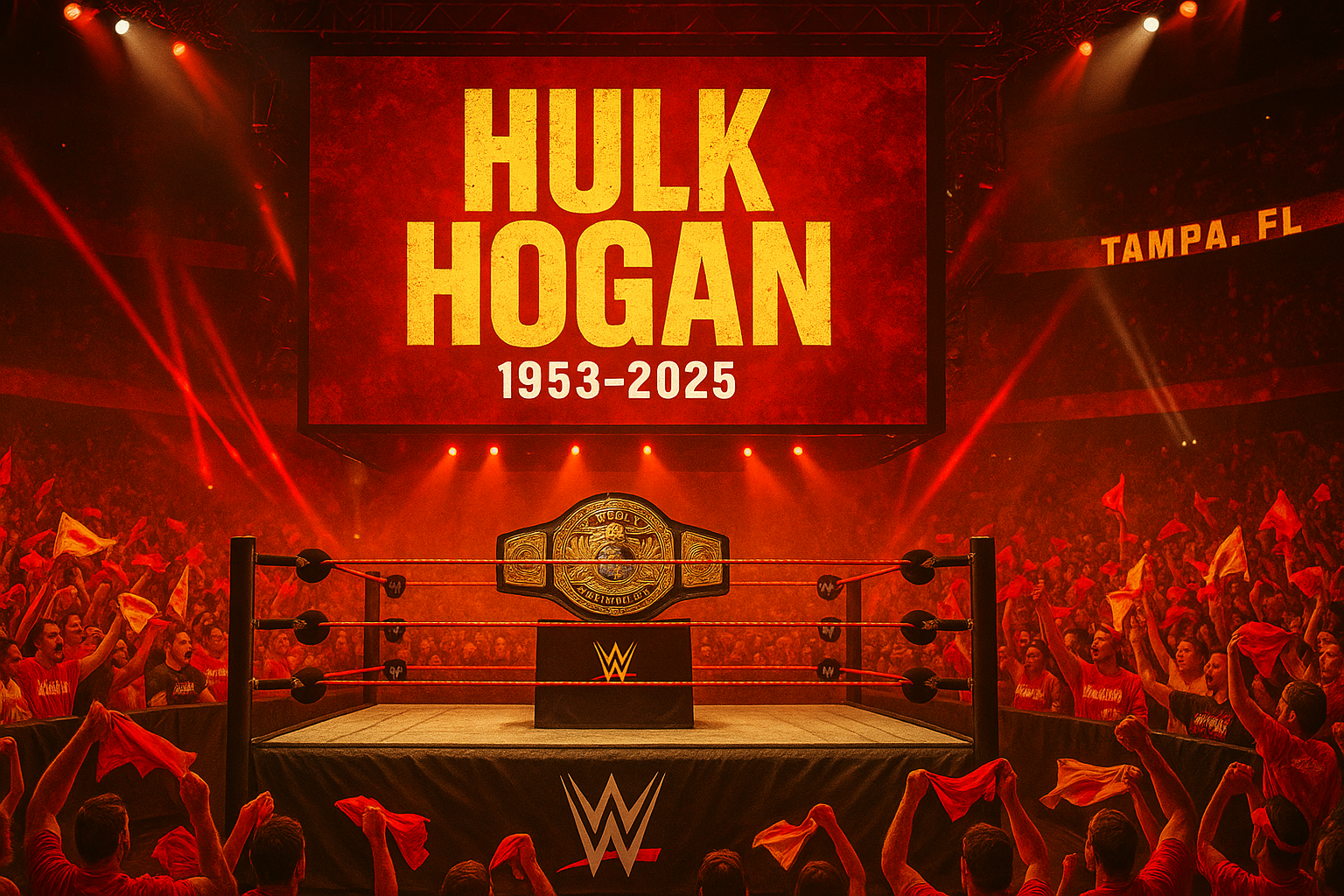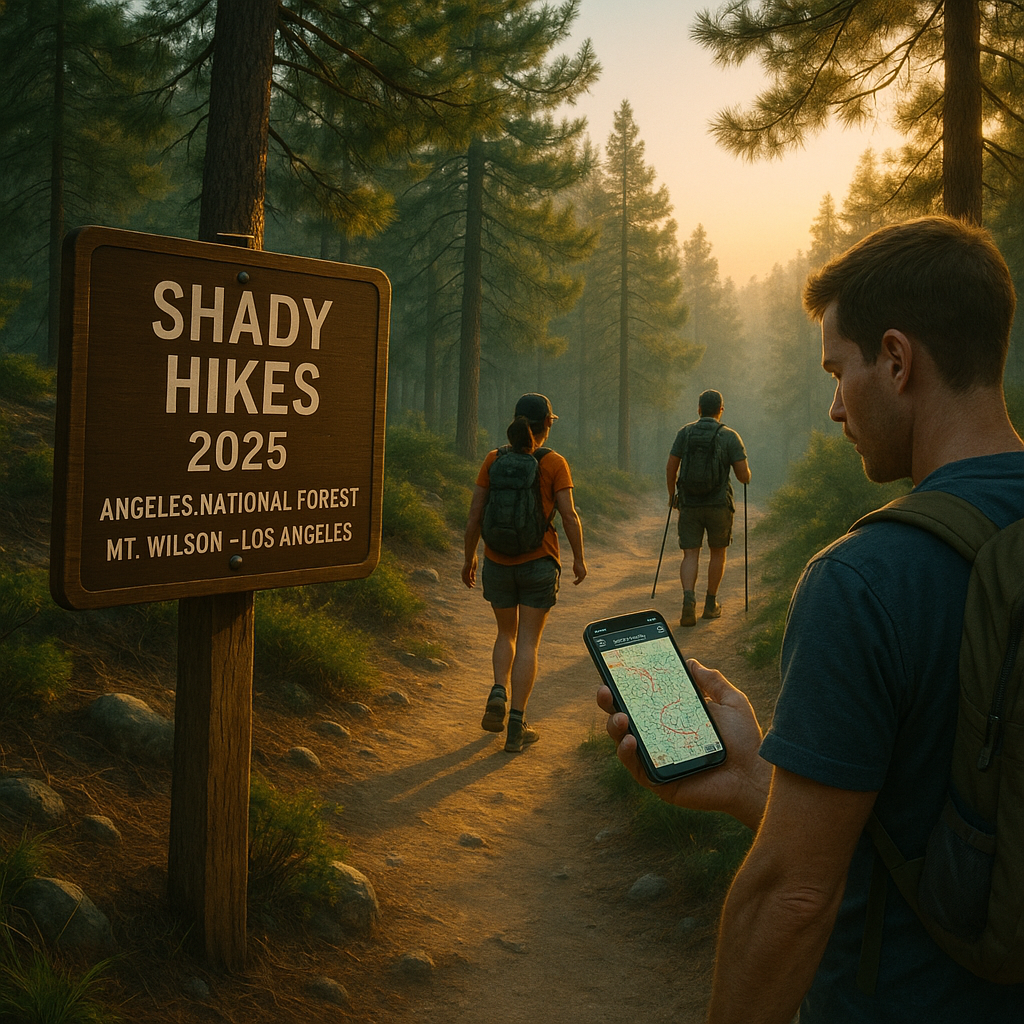Howdy? Silence? The Great Phone Greeting Standoff (And Why Gen Z Might Be Winning)

Imagine: You dial a scheduled interview with a bright Gen Z candidate. The line connects. Silence. You wait. More silence. Just as panic whispers, “Did I time-travel to a bad spy movie?”… a tentative “Um, yes?” floats through the receiver. No “Hello.” No “This is Alex.” Just… void.
If you’re over 30, your internal etiquette alarm is probably blaring. “Where’s the HELLO? The basic human acknowledgement?!” Relax. Breathe. We’re not witnessing the collapse of civilisation. We’re standing at the dusty crossroads of The Great Phone Greeting Standoff, where landline traditions clash with mobile-native instincts. Saddle up.
Act I: The Old Guard – “Hello!” and the Sacred Landline Ritual
For generations, picking up a ringing phone was a ceremony:
- The Charge: Sprint to the shrill device (hopefully before your sibling).
- The Declaration: A clear, often formal, “Hello!” or “Notopoulos residence, Katie speaking!” (Bonus points for full name and address).
- The Handover: Identify the caller before revealing yourself.
This wasn’t just politeness; it was operational necessity. Shared landlines meant you needed to confirm who the call was for. Thomas Edison himself championed “Hello” in the 1870s as the official telegraph-turned-telephone greeting. It became gospel. Answering machines turned outgoing messages into performance art. Saying “hello” was as fundamental as dial tone.
Act II: Enter Gen Z – The Silent Screeners (And Their Perfectly Logical Reasons)
Gen Z didn’t grow up with the family phone shrine. They inherited a mobile dystopia:
- Spam Tsunami: Their phones buzz relentlessly with robocalls, scams, and “extended car warranty” purgatory. Answering blindly is like sticking your hand in a wasp nest.
- Voice Cloning Boogeyman: Legitimate fear exists that a clear “Hello!” recording could be stolen to clone their voice for scams. Marijus Briedis, CTO of NordVPN, confirms the risk: “A neutral, non-personal greeting like ‘Who is this?’ may be less useful for cloning.” (Though admittedly, it sounds like interrogating a suspect).
- Caller ID & Context: They know who should be calling (scheduled interview, Mom, best friend). If the screen says “Unknown” or doesn’t match expectations? Silence is their shield. Why speak first when the caller initiated the contact?
Their logic is surprisingly sound:
- Spam Filtering: Robocalls often trigger only after hearing a voice. Silence = instant scam detector. (Pro-Tip: Try answering unknown calls with “This is [Your Name]” instead of “Hello.” It often confuses the bots!).
- Control & Efficiency: In a world of texts, DMs, and scheduled Zooms, an unscheduled voice call feels… intrusive. Making the caller state their purpose immediately is pure efficiency. No pleasantries, just business.
- Personal Phones, Personal Rules: Unlike the shared landline, their phone is a direct extension of them. Answering feels more like unlocking a private channel than manning a switchboard.
Act III: Etiquette in the Evolution Crucible (Why Both Sides Have a Point)
Is Gen Z rude? Or are we Boomers/Millennials clinging to outdated tech rituals? The truth, as always, lives in the messy middle:
- The Millennial Squirm: Yes, dead air on a scheduled professional call feels jarring and unprofessional. A simple “Hi, this is Alex” establishes presence immediately. Basic clarity matters.
- The Gen Z Defence: Why should they perform the verbal equivalent of a secret handshake for someone who interrupted their day? Especially when that hello could be weaponised against them?
- The Tech Truth: Phones aren’t phones anymore. They’re pocket supercomputers where voice calls are just one app among dozens. The context that governed landline etiquette (shared device, no caller ID, rarity of calls) is gone. Etiquette must adapt.
The Verdict: Navigating the New Ringtone Reality (Without Hanging Up on Each Other)
So, where does that leave us? Not with chaos, but with context-aware calling:
- Scheduled Calls (Professional/Important):
- Caller: Start immediately: “Hi [Name], this is [Your Name] from [Company]. Thanks for making time!”
- Answerer: A clear “Hello, this is [Your Name]” is still the professional gold standard. Silence = confusion. Meet the expectation.
- Answerer (Gen Z Style): Silence first is a valid, smart defense. Wait for the caller to prove they’re human and state their purpose. “Who is this?” is acceptable (if blunt).
- Caller: EXPECT this. Jump straight in: “Hi, this is [Your Name] calling about [Reason]. Is now a good time?” No small talk preamble.
- Friends & Family:
- Do whatever works! A grunt, a “Yo,” silence followed by “Dude…?” – your shared history overrides formal rules.
The Bottom Line (Before You Dial):
The silent Gen Z answer isn’t rudeness; it’s risk-averse pragmatism forged in the spam-filled, scam-ridden mobile landscape. While a clear “hello” remains the smoothest grease for scheduled professional interactions, demanding it blindly for every call ignores how profoundly the technology – and its threats – have changed. Edison invented “hello” for a world of wooden phones and switchboard operators. Gen Z is rewriting the script for a world of AI scams and pocket supercomputers. The etiquette book isn’t being burned; it’s getting a crucial, context-sensitive update. Adapt or enjoy the awkward silence. 🤠 Howdy.

